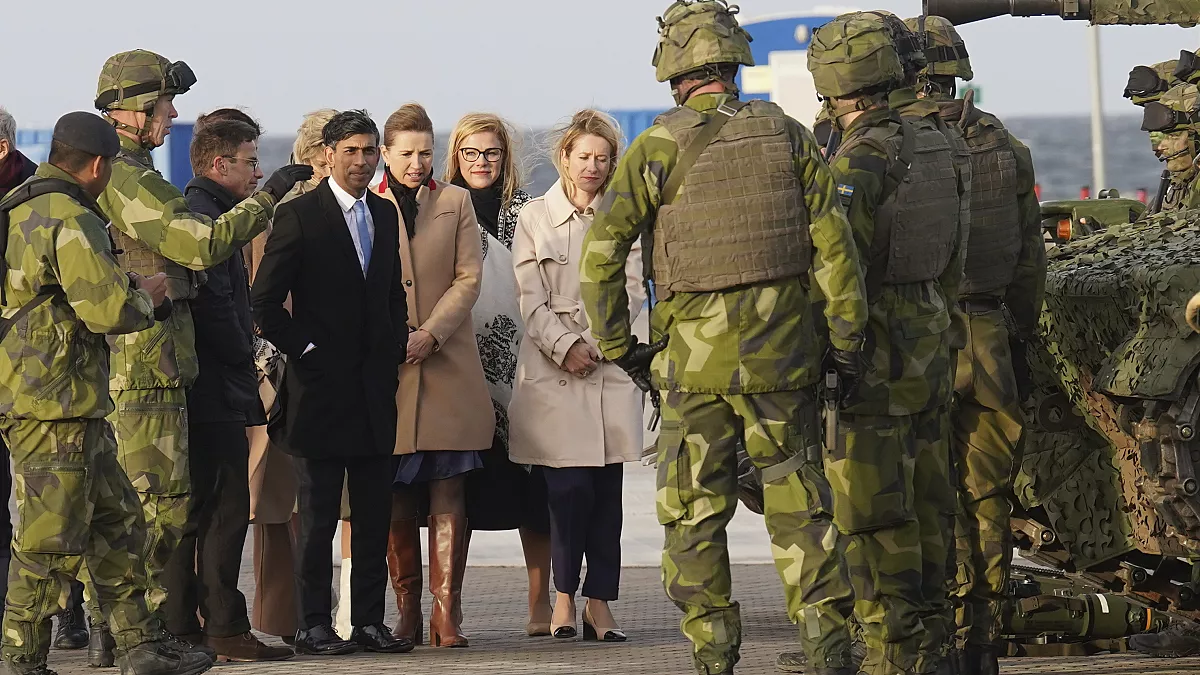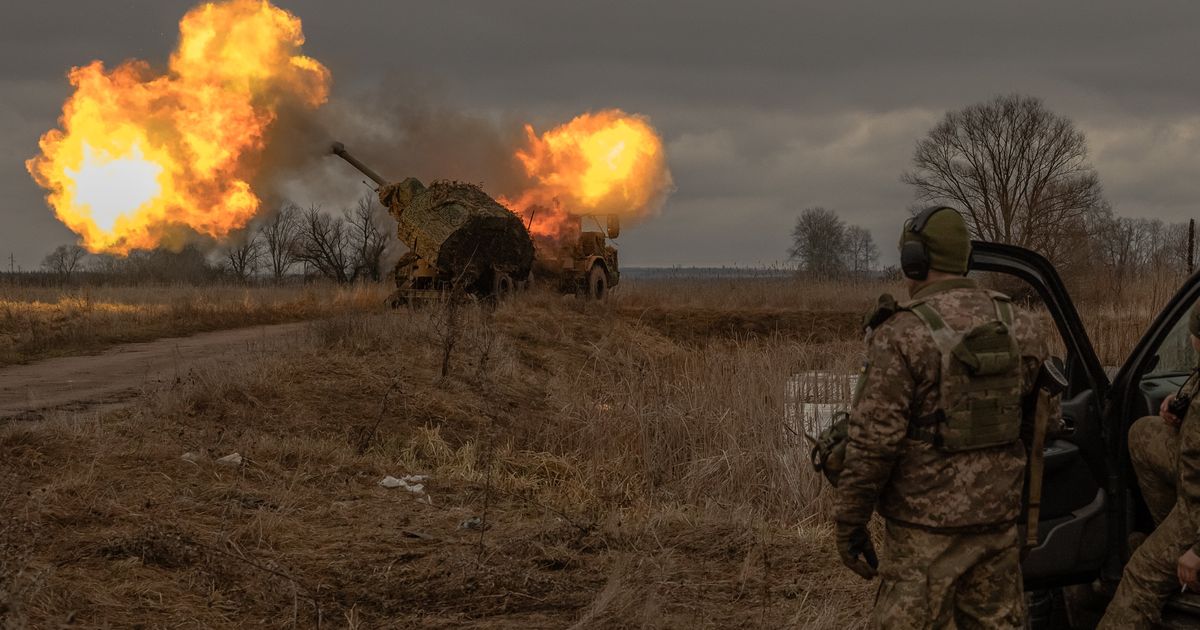As the conflict in Ukraine approaches its two-year anniversary, pleas from Ukrainians for increased funding from their allies to bolster their resistance against Russia persist. This appeal follows a failed counteroffensive last year and amidst concerns in Kyiv that Israel’s war in Gaza might play into the hands of Russian President Vladimir Putin.
Russian officials have long relied on the anticipation of Western compassion fatigue for Ukraine. Kremlin spokesperson Dmitry Peskov predicted in October that fatigue from the conflict and the perceived support for the Kyiv regime would lead to political fragmentation and growing contradictions in various countries, including the United States.
While the political dynamics unfold globally, Ukrainians continue to endure the harsh consequences of the war, potentially including war crimes. Reports from the ground suggest that documentation and investigation of Russia’s conduct are underway by various human rights organizations.

Ukraine Experiencing Western Compassion Fatigue as Prolonged War Takes its Toll (Credits: Euro News)
In terms of international support, the European Union’s plan to provide 50 billion euros in new aid for Ukraine through 2027 faced a hurdle when Hungarian Prime Minister Viktor Orbàn, a Putin ally, blocked it last month.
However, efforts are underway to find alternative means of delivering the promised aid. Additionally, the EU is working on a new sanctions package targeting Russia’s ability to circumvent existing sanctions, with hopes of passing it before the two-year anniversary of the conflict on Feb. 24.
In the United States, the approval of aid for Ukraine by House Republicans is conditional on implementing stricter restrictions on the U.S. border. While President Joe Biden seeks Congressional support for Kyiv, former President Donald Trump, a front-runner in the 2024 Republican primary, urges House Speaker Mike Johnson not to endorse any funding package without concessions on immigration policy.
Despite these challenges, Ukrainian President Volodymyr Zelenskyy expresses hope that U.S. lawmakers will eventually come around. He emphasized the crucial nature of international support, noting that the conflict extends beyond Ukraine, as a successful Russian intervention could incentivize further invasions.
Human rights organizations on the ground are diligently documenting and investigating potential war crimes, including the use of starvation as a method of warfare. The systematic approach involves sieging areas, attacking critical infrastructure to demoralize civilians, and targeting agriculture to destroy livelihoods.
Reports indicate that Russia and its affiliates have seized control of grain trade in certain regions, potentially funding their war effort by intentionally denying food to civilian populations.
The Ukrainian counteroffensive, initially held with high expectations, faced setbacks, partially due to a delayed start that allowed Russian forces to prepare defenses. Despite the challenges, Ukraine has expanded its strategy by targeting Russia’s oil plants to disrupt military supplies and diminish Moscow’s income.
The living conditions for Ukrainian civilians remain dire, with ongoing fears of Russian attacks and uncertainty about the future. Recent missile attacks on Kyiv and Kharkiv regions resulted in casualties and injuries.
The toll on civilians, as documented by the Museum of Civilian Voices, highlights the heart-wrenching decisions they face amidst the ongoing war. The uncertain outlook, combined with the geopolitical landscape and political conditions in the U.S., adds complexity to the evolving situation in Ukraine.























